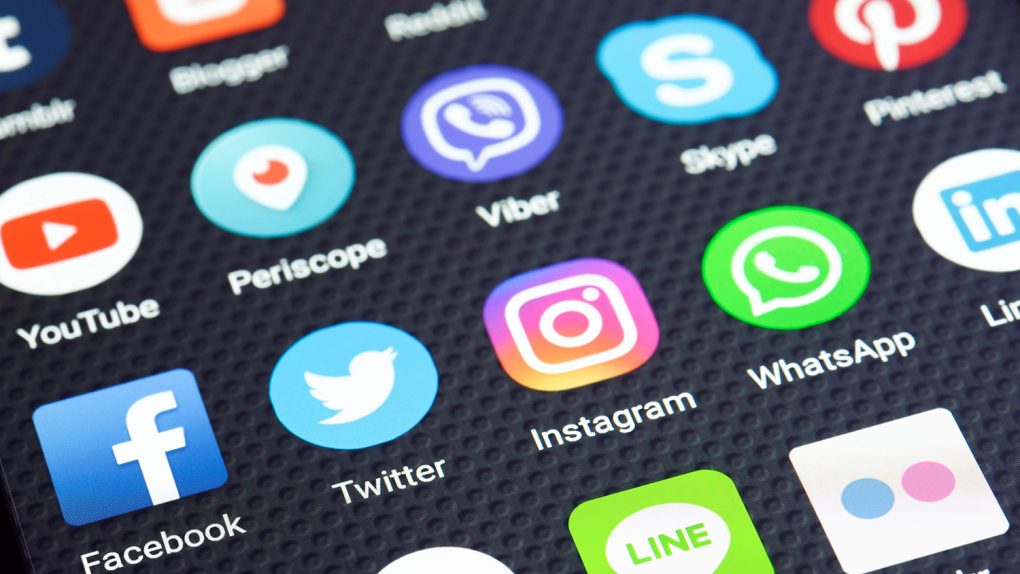About a year ago, WhatsApp cofounder Brian Acton posted a brief message on Twitter telling people that it was time to #deletefacebook. At the time, the Delete Facebook campaign was a direct response to the Cambridge Analytica scandal. But Acton hasn’t changed his stance on the world’s largest social network. Facebook may have made him a billionaire, but he’s still telling people to “delete Facebook.”
Acton was a guest speaker last week at Stanford University’s Computer Science 181 class, BuzzFeed reports. The class focused on tech companies’ social impact and ethical responsibilities, and Acton talked about the decision to sell WhatsApp to Facebook for some $19 billion back in 2014.
The former WhatsApp and Facebook exec defended the move, while simultaneously explaining his disagreement with Facebook’s business model.
“You go back to this Silicon Valley culture, and people say, ‘Well, could you have not sold?’ and the answer is no,” he said, explaining he made a “rational choice” to take “a boatload of money.”
“I had 50 employees, and I had to think about them and the money they would make from this sale. I had to think about our investors, and I had to think about my minority stake. I didn’t have the full clout to say no if I wanted to,” he said.
Acton said he had a certain naivete when he sold to Facebook, as he thought he and Koum could continue to do what they were doing without getting into user data. He would have wanted to charge people for the service, as it was the case before for WhatsApp access.
“WhatsApp’s business model was: We’ll give you service for a year for a dollar,” he said. “It was not extraordinarily money-making, and if you have a billion users … you’re going to have $1 billion in revenue per year. That’s not what Google and Facebook want. They want multibillions of dollars.”
“The capitalistic profit motive, or answering to Wall Street, is what’s driving the expansion of invasion of data privacy and driving the expansion of a lot of negative outcomes that we’re just not happy with,” Acton also said. “I wish there were guardrails there. I wish there was ways to rein it in. I have yet to see that manifest, and that scares me.”
He ultimately left Facebook in 2017 after clashes with Mark Zuckerberg and Sheryl Sandberg. According to him, Facebook is “a bit of a monoculture.” “I’d be the one guy in the room and ask, ‘Why do we want to do this?’ and I would be looked at like I was crazy,” he said.
While most of his remarks were related to Facebook, he also mentioned the names of other tech giants, including Apple and Google, when it comes to policing user-generated content. “I think it’s impossible,” to moderate content, he said. “To be brutally honest, the curated networks — the open networks — struggle to decide what’s hate speech and what’s not hate speech. … Apple struggles to decide what’s a good app and what’s a bad app. Google struggles with what’s a good website and what’s a bad website. These companies are not equipped to make these decisions.”
“And we give them the power,” he added. “That’s the bad part. We buy their products. We sign up for these websites. Delete Facebook, right?”
Facebook, meanwhile, is going to pivot to user privacy, Mark Zuckerberg announced not too long ago, which seems to be quite a challenging task, especially considering that Facebook still needs to make money from ads that run on its services. WhatsApp will get ads at some point this year, according to previous reports, but it won’t lose end-to-end encryption in the process.
Acton also defended encryption during the class while talking about content moderation. “There is more value to protect the innocents of the world than the criminals,” he said.








